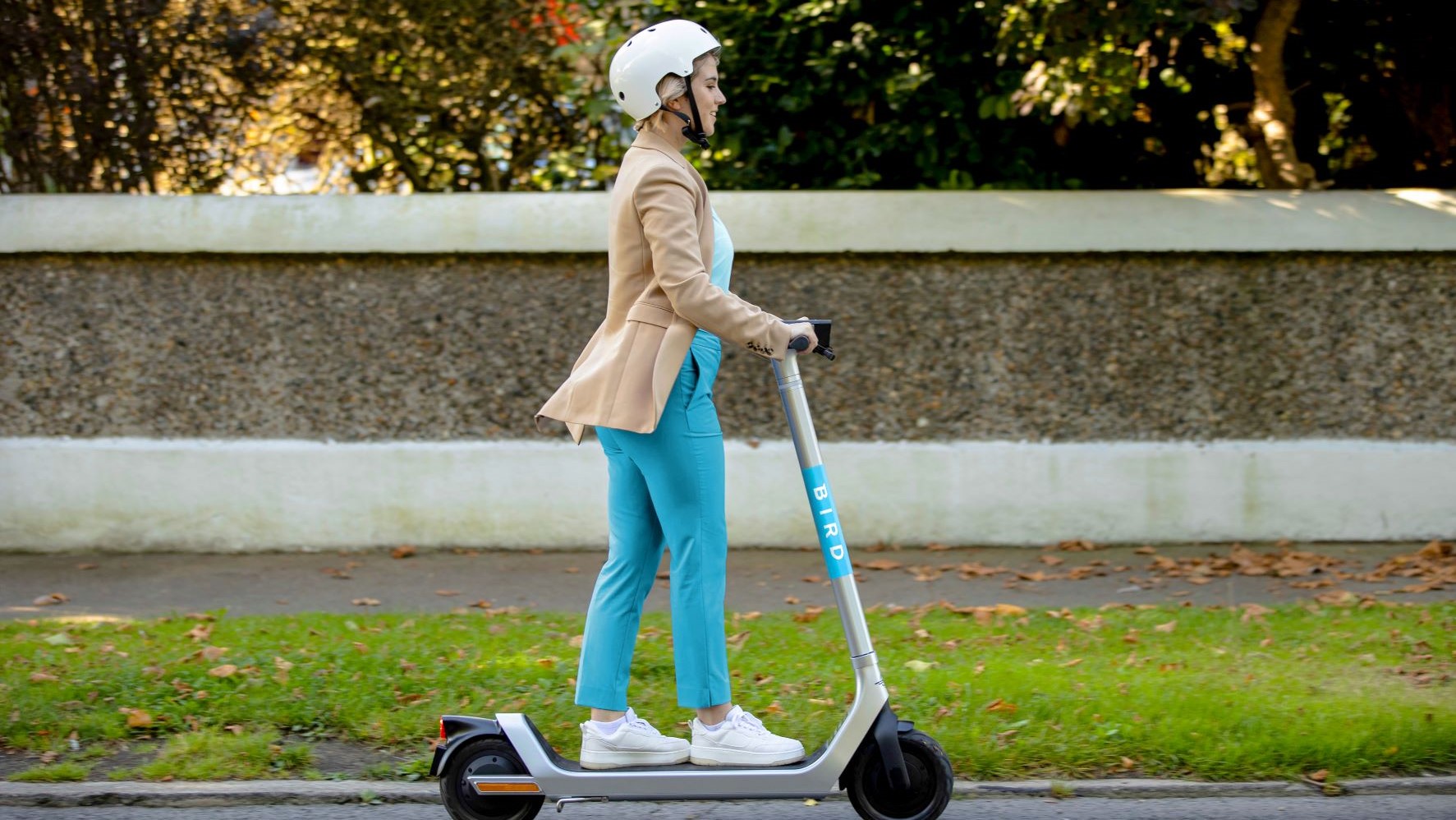Active transportation committee considers regulations for e-bikes and e-scooters
Micro-mobility expert Chris Schafer outlines options for municipal shared e-scooter system

caption
Micro-mobility startup Bird Canada has implemented shared e-scooter programs across a number of municipalities in the country.E-scooter and e-bike season may be over for the winter, but Halifax Regional Council’s active transportation advisory committee is already revisiting ‘micro-mobility’ issues in Halifax.
At a meeting last week, the committee considered the potential regulation of e-bikes and e-scooters.
Regulations being considered include speed limits of 20 km/h on bike lanes, limits of 15 km/h on multi-user paths, and designated docking areas for all rented equipment. It also recommended a width of 2.5 metres for one-way bike lanes and 3.5 metres for two-way lanes, as well as helmet and bell/horn requirements for all modes of micro-mobility transport. That includes e-scooters, e-bikes, and standard bikes, in alignment with the province’s Motor Vehicles Act.
These recommendations came from the Nov. 17 meeting in a presentation by chairman Hugh Millward, on the issues surrounding e-scooters and e-bikes in the city. This time, the committee heard from Chris Schafer of e-scooter startup Bird Canada. Related stories

caption
Chris Schafer, vice-president of government affairs at Bird Canada, gave a presentation to regional council’s transportation committee on the industry of shared e-scooters.Halifax already has a handful of private companies that rent e-bikes and e-scooters, which operate under provincial legislation while the city is considering its bylaw.
A municipal e-scooter program, Schafer said, would use technology to enforce bylaws. For example, “geozoning” would keep scooters within speed limits, slowing them down in pedestrian or off-limits areas. Even if they ended their trip, riders would continue to be charged if they parked outside a “preferred parking” spot established by the city, he said.
Parking would be made frequently accessible alongside vehicles by painted boxes marked with bollards, making use of street furniture, and moveable mats.
Should riders ignore the programming and leave scooters where they don’t belong, Schafer said that locally hired teams could patrol the city to return wayward equipment.
In an interview before the meeting, Schafer said he thinks Halifax could benefit from a municipal shared e-scooter program.
“I think it’s a particularly attractive form of transportation that is encouraging folks to leave their automobile at home, and find other ways to move in and around the city,” he said.
Schafer said Calgary has implemented a municipal e-scooter program. After introducing a pilot program in 2019, the city went on to make the system permanent.
“We’ve got to find ways to encourage people to make alternative choices,” Schafer said in the interview. This includes infrastructure: paved roads “but also increasingly, bike lanes or cycle tracks to help facilitate that transition away from automobile use to forms of mobility that are more environmentally friendly and sustainable.”

caption
Moveable parking mats are already in use in Calgary’s shared municipal e-scooter program.David MacIsaac, the city’s active transportation manager, noted that the recommendations put forward by Millward would be addressed in two separate reports already underway.
One aims to update the city’s streets bylaw to establish municipal rules of the road for operating e-scooters. Another will seek approval to establish a regulatory approach to permit private operators of e-scooter share and bikeshare on municipal streets. These reports will be brought to regional council within the next few months.
About the author
Sabine Antigua
Sabine Antigua was born and raised in Manila, Philippines and previously lived in Sydney, Australia before pursuing the one-year Bachelor of...
